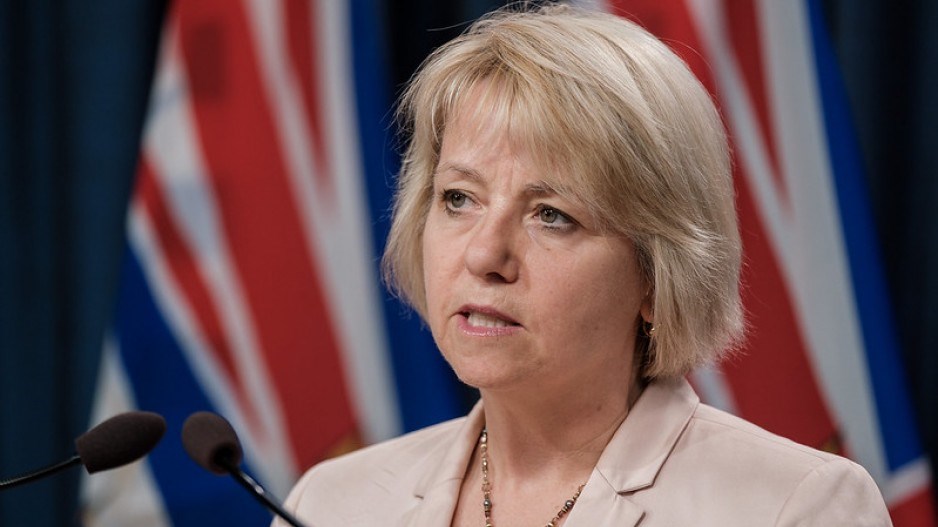Evidence that B.C. is successfully controlling the spread and impact of the COVID-19 virus gained momentum on May 29 with news that for the second time this week, the province recorded no deaths in a preceding 24-hour period from the virus that has caused a global pandemic.
When the province on May 26 recorded no COVID-19-related deaths within the past day, B.C.'s provincial health officer Bonnie Henry said that the last time that had happened was many weeks prior. B.C.'s death toll from the virus stands at 164.
Other metrics, such as the numbers of new cases, hospitalizations and those in intensive-care units are also trending lower.
Henry and Health Minister Adrian Dix noted in a joint statement May 29 that the BC Centre for Disease Control had identified four new cases in the past day, bringing the total to 2,562 since they first announced that a case had appeared in the province, on January 28.
The number of people who have yet to recover, or die, from the virus, is now at 228, which is the lowest that it has been in many weeks. The number of active cases stood at 397 people little more than two weeks ago, on May 13.
Almost 84.7% of those infected in B.C., or 2,170 individuals, have recovered.
The number of hospitalized patients, at 34, has steadily been on the decline, although it is up one person from yesterday. Only six of those people have been sickened severe enough to be in intensive-care units.
The breakdown of all COVID-19 infections by health region is:
• 900 in Vancouver Coastal Health;
• 1,277 in Fraser Health;
• 127 in Island Health;
• 195 in Interior Health; and
• 63 in Northern Health.
"There have been no new health-care facility outbreaks," Henry and Dix said.
That leaves active outbreaks in 15 long-term care or assisted-living facilities, and one acute-care unit. Dozens of other seniors' living facilities have had outbreaks that have been declared over, or no longer active.
"Public health teams continue to provide support for community outbreaks at federal corrections facilities, the processing facilities in the poultry sector and for individuals connected to the Kearl Lake plant in Alberta," Henry and Dix said.
They also praised Ottawa's announcement today that it has extended the ban on large cruise ships docking in Canada until October 31. The ban also now includes vessels as small as those that can accommodate 100 overnight passengers. Previously, the ban was in place for vessels that could accommodate 500 or more passengers, and was set to end on July 1.
"This is the right thing to do for our country and our province right now to prevent the introduction of COVID-19 into our coastal communities," Henry and Dix said. "Easing restrictions can be done only after thoughtful consideration."




